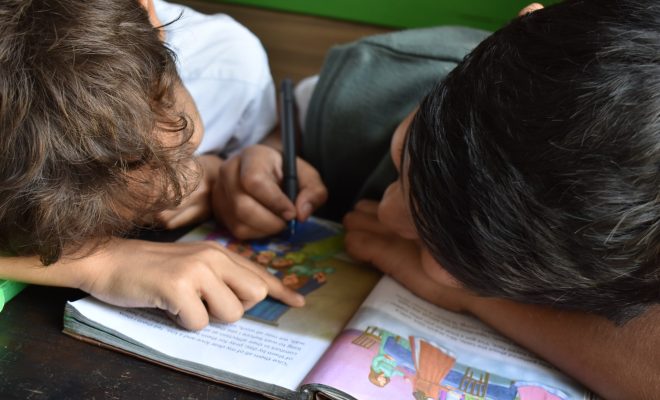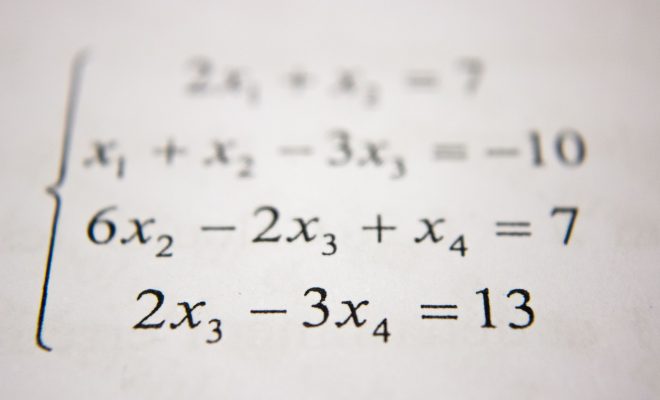Pass or Fail: Communicating Standards Effectively

In this multi-part series, I provide a dissection of the phenomenon of retention and social promotion. Also, I describe the many different methods that would improve student instruction in classrooms and eliminate the need for retention and social promotion if combined effectively.
While reading this series, periodically ask yourself this question: Why are educators, parents and the American public complicit in a practice that does demonstrable harm to children and the competitive future of the country?
It’s not enough to establish consistent standards for students – educators must also communicate those expectations effectively. How can a child meet standards if he or she does not even know what is expected?
Communication is deeply tied to consistency.
Research suggests that a confluence of factors determines the achievement trajectory and the decision to remain in school or drop out for an individual student. Dropping out is influenced by the individual student’s developmental history, including early family experiences, elements of the home environment, and the student’s personality. Other factors include the quality of teaching supports and the circumstances of the individual student at any given point in his education.
Collins and Sroufe, Sameroff, and Sameroff and Chandler all offered transactional models to explain the positive correlation of retention and high school dropout rate. These models depend on the contract between the individual and his educators and are based on the assumption that each interaction affects subsequent interactions.
The core of the developmental transactional model holds that behaviors are always a product of developmental history and current circumstance. As Jimerson et al. explain, in the transactional model, “early developmental history is given some priority, not because it ineluctably causes later outcomes, but because what the child takes forward from these experiences in part frames subsequent transactions with the environment.” Bronfenbrenner draws a similar conclusion – that the effects of educational experiences on children are further determined by the transactional nature of their experiences within the classroom, their early developmental history, and their contemporaneous experiences outside a formal educational setting.
The principle point is that a variety of factors influence a student’s education. There are many stakeholders and influences when it comes to academic success. Later outcomes tend to be a reflection of earlier factors and, concerning grade retention specifically, the experience of being retained can also be one of the factors leading to dropout. As we have seen, retention can lead to self-esteem problems, poor socio-emotional adjustment, isolation from peers, and emotional disengagement from school.
It is, therefore, critical that educators identify the experiences a student has had or may be having that have the potential to affect his education in the future. Teachers, administrators, and educational support staff – anyone in the school setting with an investment in the individual student – should make an effort to engage with the student to determine the factors that are influencing his current performance level. Furthermore, a substantial effort should be made to communicate with the student and his or her parents to identify those extracurricular experiences that are probably impacting academic performance.
All communication should lead to the clear definition of academic standards and expectations, and to how they might be achieved on a practical level.
As anyone with experience in the field knows, it is important to be particularly sensitive to socioeconomic conditions when communicating with students and their families. However, in schools forced to struggle with high rates of student failure and grade retention, the political and economic pressures to reduce subsequent dropout has made communication difficult. In other words, most education professionals don’t manage the communication side very well.






